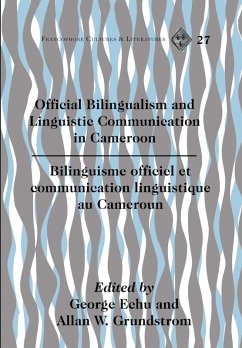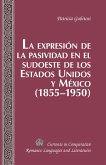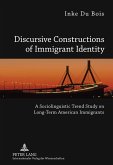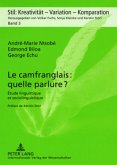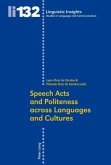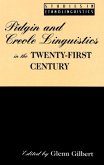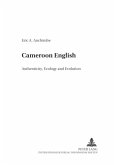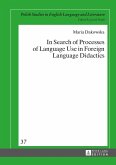This book contains fourteen articles on current problems in maintaining two official languages, French and English, in a country where people speak 248 different indigenous languages. After an introduction describing the evolution of official bilingualism in Cameroon, six articles focus upon the challenges of teaching the official languages, especially in English-speaking areas. In Part II six articles describe linguistic interference between the two languages, especially the influence of French upon English in Cameroon. The concluding article suggests ways to promote French and English bilingualism in the country.
The book contains contributions in English and French.
The book contains contributions in English and French.
"This fascinating anthology covers a wide range of diversified but related issues such as the history of English-French bilingualism, bilingual education, language teaching, attitudes and motivation of language learners, as well as language use and usage - all within the Cameroonian context. It therefore provides a thorough insight into a rather complex linguistic universe that remains largely unexplored by scholars and language specialists. In short, given that research in the area of bilingualism and linguistic communication in Cameroon is still in its embryonic stage, the anthology has the credit of stimulating further research into this vast sociolinguistic paradise.
Furthermore, the book has that potential of presenting articles in English and French, usually through a simple straightforward style, thus making it accessible to a great number of readers irrespective of their background. Both linguists and language students will find the issues raised very challenging and thought provoking. Policymakers in Cameroon will find the recommendations contained in the volume useful in the implementation of a meaningful bilingual policy for their country.
This diligently prepared anthology by George Echu and Allan W. Grundstrom no doubt constitutes an indelible landmark in the history of linguistic research in Cameroon." (Augustin Simo Bobda, Associate Professor of English, University of Yaoundé I)
Furthermore, the book has that potential of presenting articles in English and French, usually through a simple straightforward style, thus making it accessible to a great number of readers irrespective of their background. Both linguists and language students will find the issues raised very challenging and thought provoking. Policymakers in Cameroon will find the recommendations contained in the volume useful in the implementation of a meaningful bilingual policy for their country.
This diligently prepared anthology by George Echu and Allan W. Grundstrom no doubt constitutes an indelible landmark in the history of linguistic research in Cameroon." (Augustin Simo Bobda, Associate Professor of English, University of Yaoundé I)

